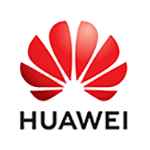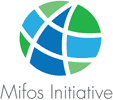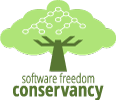Debugging microservices apps via a sevice mesh, OpenTracing, and Squash
Who is this presentation for?
- Software developers, software architects, and DevOps engineers
Prerequisite knowledge
- A basic understanding of containers, cluster orchestration, Docker, Kubernetes, and software development
What you'll learn
- Learn techniques to debug microservices apps
- Explore the open source tool Squash, which enables you to debug microservices running on Kubernetes from your favorite IDE
Description
The mainstreaming of containerization and microservices is raising a critical question by both developers and operators: how do we debug all this?
Debugging microservices applications is a difficult task. When the state of the application is spread across multiple microservices, it’s hard to get a holistic view. Currently, debugging microservices involves OpenTracing, which helps in tracing a transaction or workflow for postmortem analysis, and a service mesh like Istio, which monitors the network to identify latency problems. However, these tools do not allow you to monitor and interfere with the application during runtime.
Idit Levine explores common debugging techniques and offers an overview of Squash, a new tool and methodology that enables you to debug microservices running on Kubernetes from your favorite IDE.

Idit Levine
solo.io
Idit Levine is the founder and CEO of solo.io, a Boston-based startup whose mission is to streamline the cloud stack. Solo recently released Squash, an open source platform for debugging microservices applications. Idit has been in the cloud management space for 12 years, working at both enterprise and startup companies. Previously, she was the CTO of the Cloud Management Division at EMC and a member of its global CTO Office, where she and her team introduced successful open source projects for automating unikernels (UniK) and for cross-cluster scheduling (layer-x).
Sponsorship Opportunities
For exhibition and sponsorship opportunities, email oscon@oreilly.com
Partner Opportunities
For information on trade opportunities with O'Reilly conferences, email partners@oreilly.com
Contact Us
View a complete list of OSCON contacts
©2018, O'Reilly Media, Inc. • (800) 889-8969 or (707) 827-7019 • Monday-Friday 7:30am-5pm PT • All trademarks and registered trademarks appearing on oreilly.com are the property of their respective owners. • confreg@oreilly.com




























